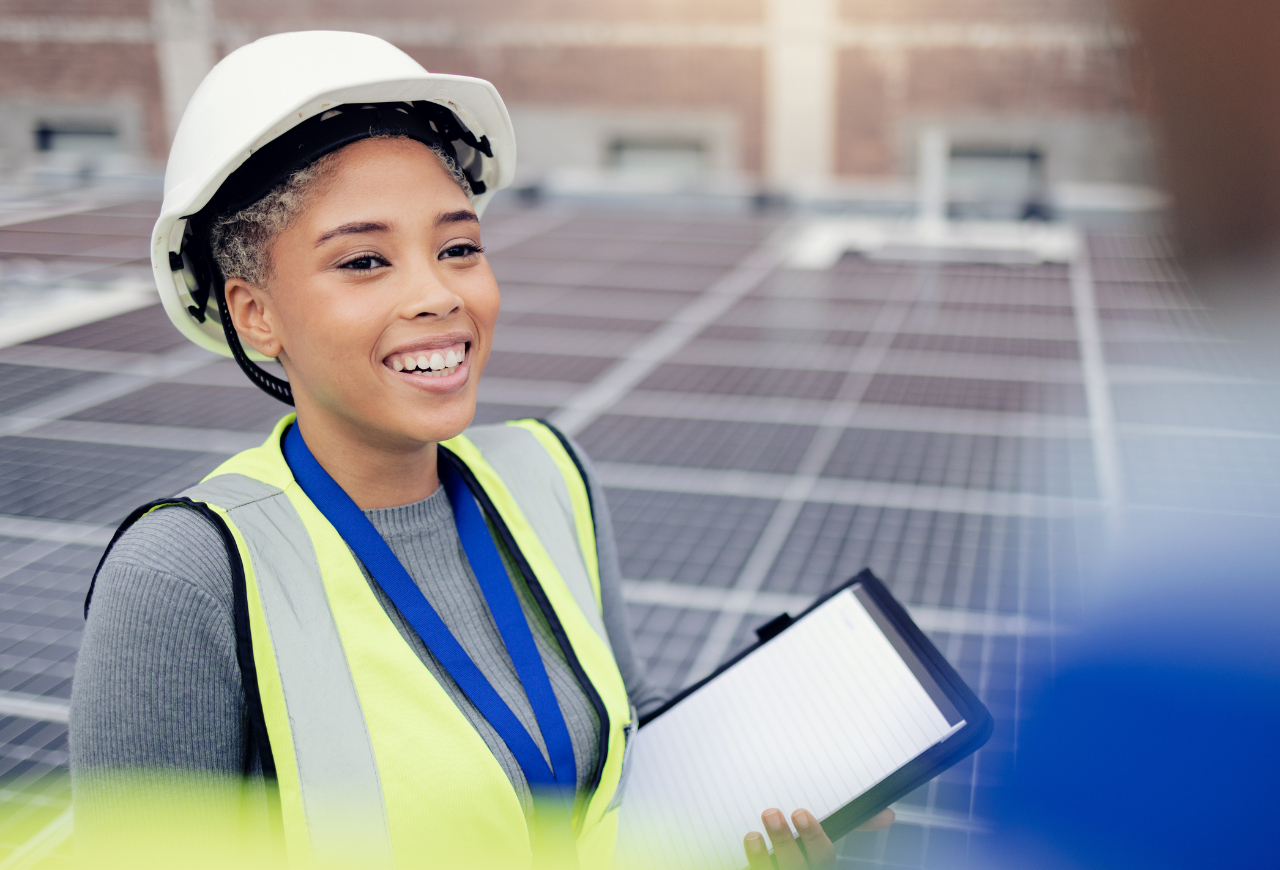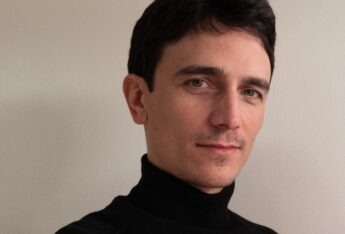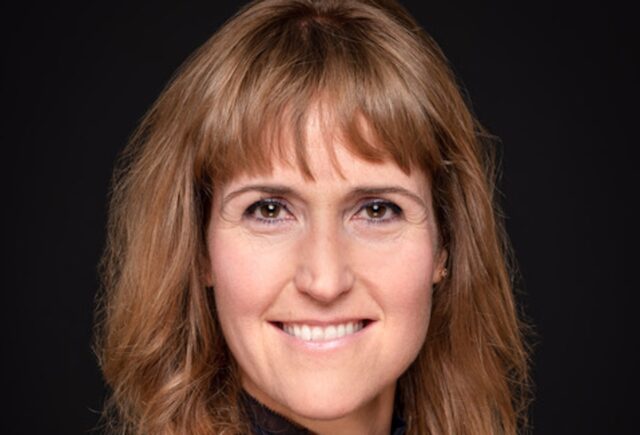Swedfund has allocated €40m to the Emerging Africa & Asia Infrastructure Fund, focusing on climate resilient infrastructure and digital connectivity in Africa and Southeast Asia.

Swedfund, Sweden’s development finance institution (DFI), has committed €40m to the Emerging Africa & Asia Infrastructure Fund (EAAIF) to improve climate resilient infrastructure and digital connectivity in Africa and Southeast Asia.
The aim of the investment is to address the infrastructure gaps, essential in helping communities adapt to and mitigate the impacts of climate change, according to the DFI.
One of the key challenges in infrastructure investment is the perception of risk, particularly in emerging markets.
Through its investment in EAAIF, part of the Private Infrastructure Development Group (PIDG), which is managed by Ninety One, Swedfund said it aims to challenge risk perceptions around African infrastructure investments and help mobilise private capital.
Speaking to Impact Investor, Jérémie Hoffsaes, senior investment manager of Swedfund’s energy and climate team said: “The need for climate-resilient infrastructure in these regions is huge, both to meet societal needs and to adapt to impacts of climate change that are already occurring.”

Climate-resilient infrastructure is a core pillar of Swedfund’s impact strategy, including investments in natural capital to protect and restore ecosystems, Hoffsaes added.
“Our mission is to reduce poverty through sustainable investments in developing countries that have a measurable impact,” he said.
According to data from the International Energy Agency, around 75% of the world’s population without access to electricity lives in Africa, primarily in sub-Saharan Africa, meaning a large portion of the continent lacks reliable electricity access.
In Asia and the Pacific, over 350 million people have limited electricity access, while 150 million lack it entirely, according to the Asian Development Bank.
“A lack of reliable infrastructure significantly weakens climate resilience. Without stable access to energy, communities and businesses struggle to adopt low-carbon technologies or implement climate adaptation measures,” stressed Hoffsaes.
Poor digital connectivity further limits access to critical information and tools for resilience planning, he said.
Last year, Swedfund and IFU, the Danish DFI, committed $44m (€41.9m), a total of $22m each, in direct equity investments into Sturdee Energy, a South African independent power producer, as reported by Impact Investor.
Impact
Previous EAAIF projects have focused on low-carbon solutions, renewable energy, and sustainable infrastructure. One such example is the Biovea biomass plant in Côte d’Ivoire, which supported 12,000 farmers while also supplying renewable electricity to 743,000 consumers and reducing carbon emissions by 120,000 tCO2e per year.
“The impact from Swedfund’s commitment will be felt for decades, allowing us to deliver climate-resilient, inclusive infrastructure projects that transform economies and improve lives in Africa and Asia. Moreover, the affect is felt by people and businesses far beyond the original project location. Quality infrastructure enables people and businesses to plan for the future with confidence,” said Martijn Proos co-head of emerging market alternative credit at Ninety One.





